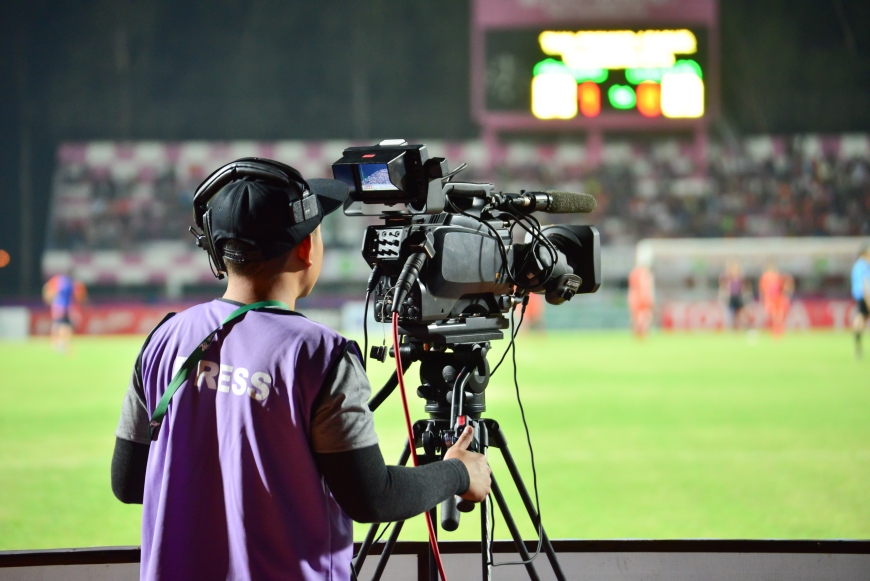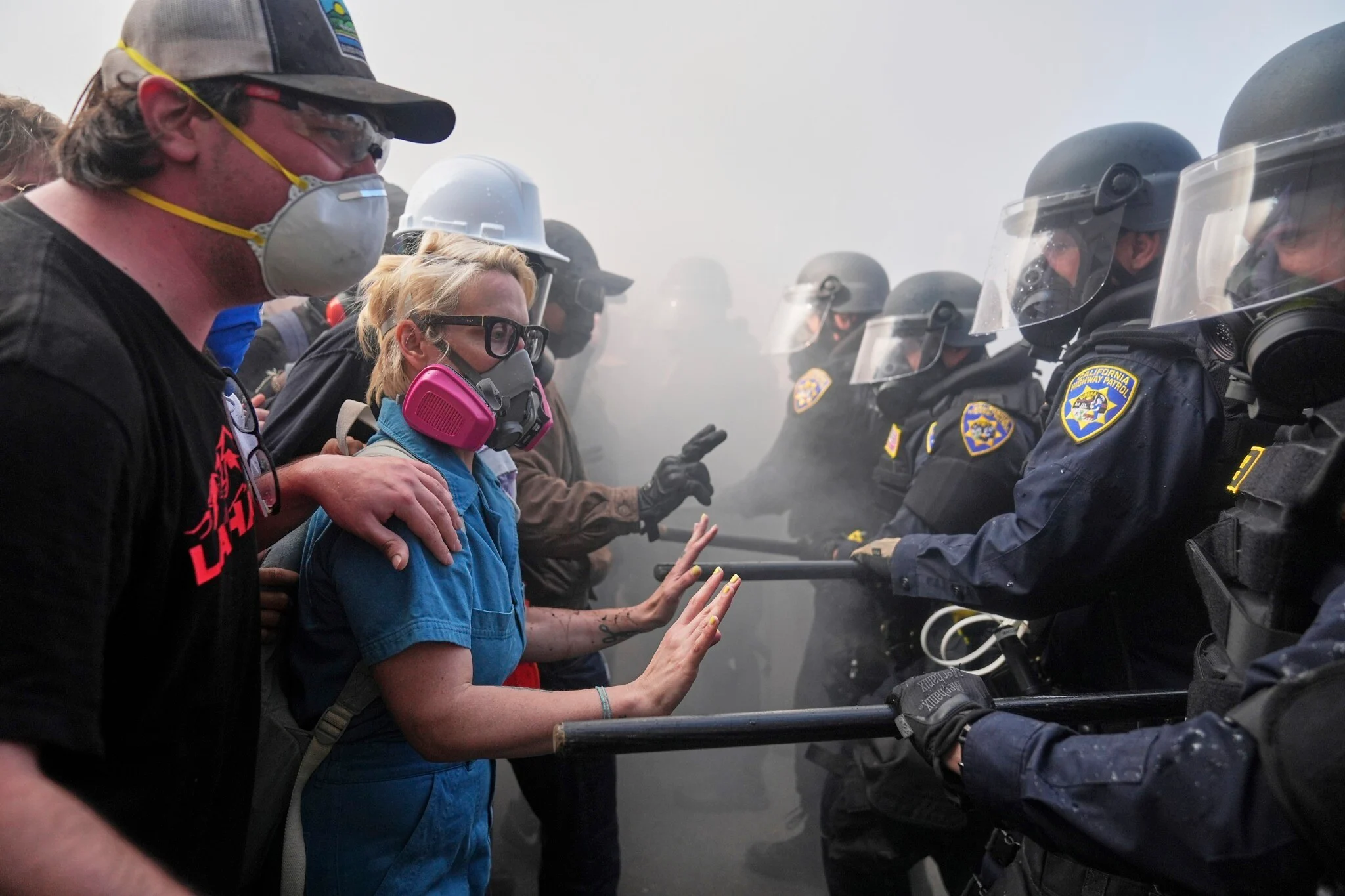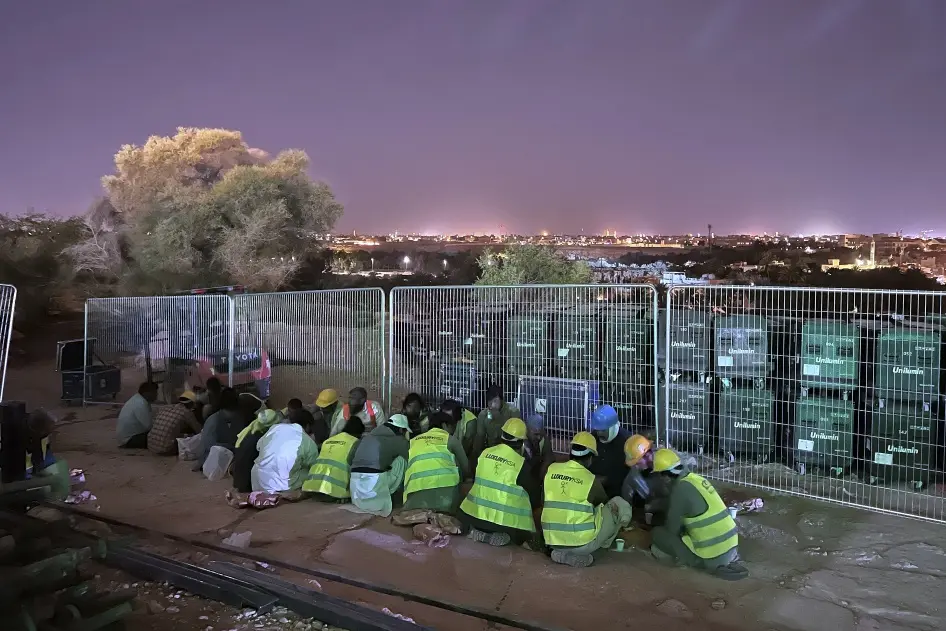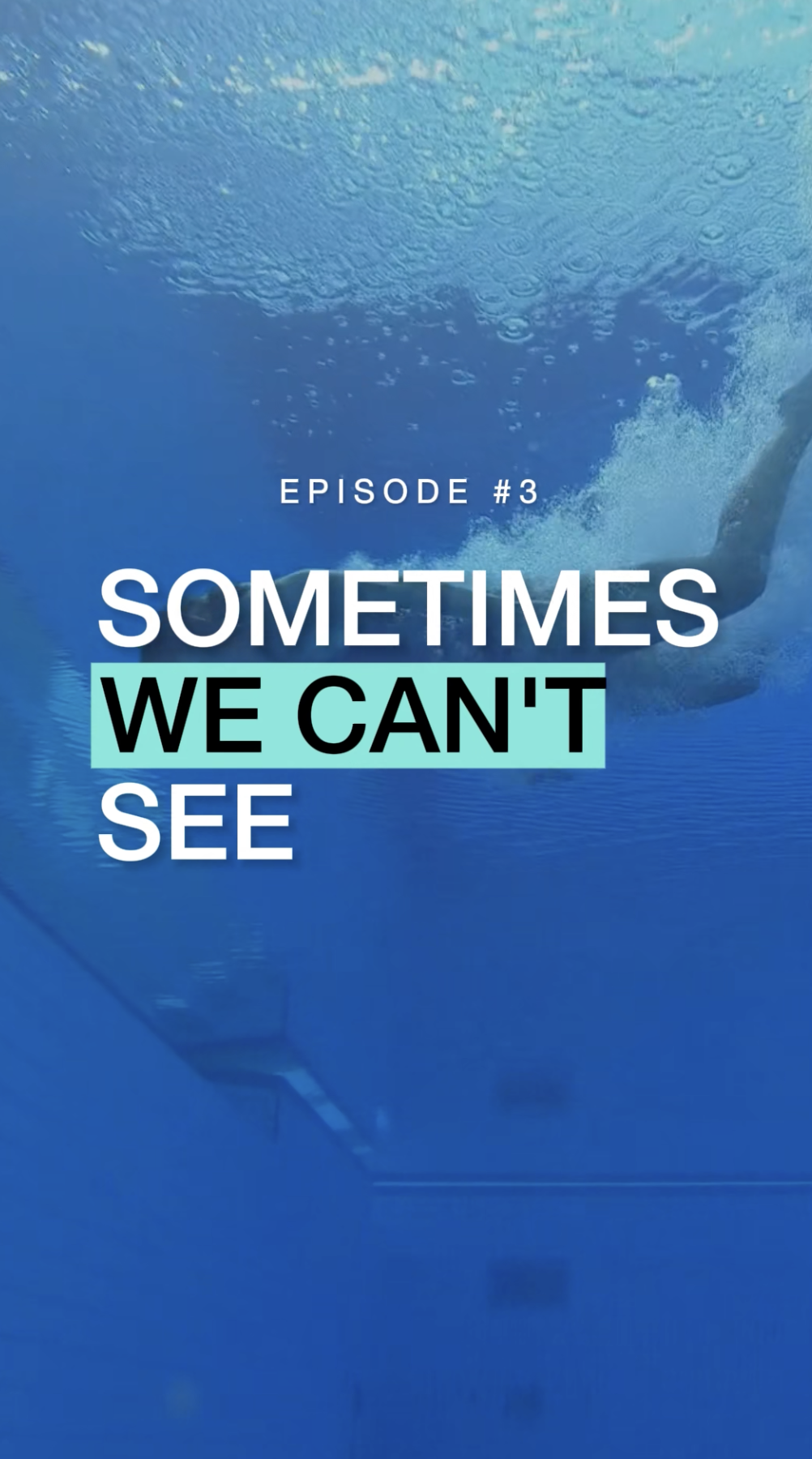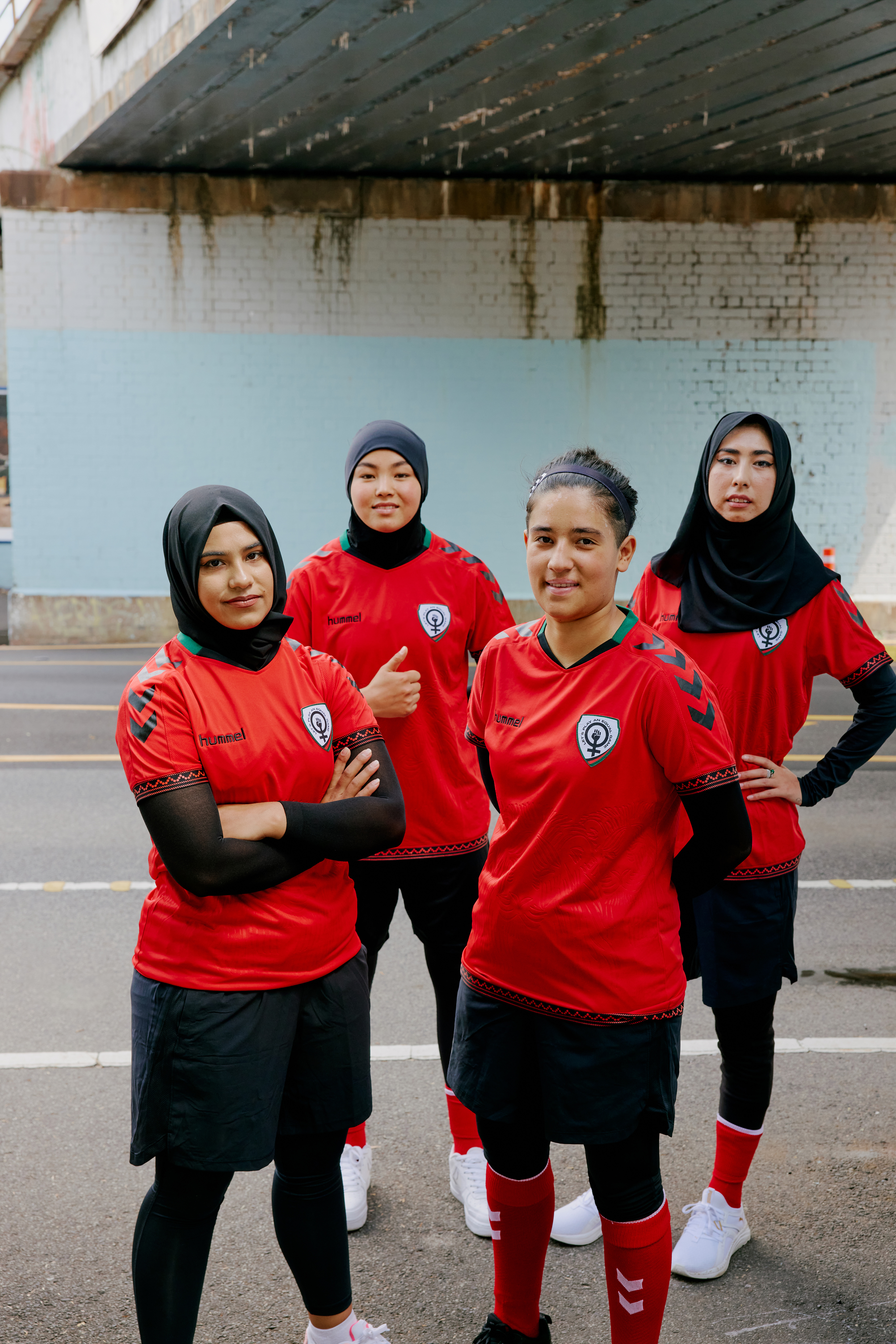Dr. Thomas Bach
President
International Olympic Committee
Château de Vidy
1007 Lausanne
Switzerland
July 17, 2015
Ref: The IOC’s human rights responsibilities and 2022 Olympics Host City Contracts
Dear President Bach,
The Sport and Rights Alliance (SRA), committed to upholding human rights, labour rights, children’s rights, anti-corruption and sustainability standards and principles in sport, particularly in the context of Major Sporting Events (MSEs), wishes to draw the attention of the IOC to its responsibility to respect human rights[1] in the preparations, hosting and staging of an Olympic event.
As the IOC is currently in the process of selecting the host city for the 2022 Winter Olympics, and of closing the registration to bid for the 2024 Summer Olympics, critical steps should be taken towards ensuring that those Games, and all Olympic events that follow, have robust due diligence procedures in place to ensure that the Games do not cause or contribute to human rights violations or abuses.
We have documented human rights abuses in ‘high risk’ areas for MSEs in the candidate countries for the 2022 Winter Olympics, Kazakhstan and China, including restrictions on freedom of expression, assembly and association, as well as discrimination, forced evictions and labour exploitation.
Kazakhstan
In Kazakhstan freedom of expression, assembly, and association are all heavily restricted. In the event that Kazakhstan is successful in its bid, and NGOs and political activists seek to use the international spotlight on Kazakhstan to highlight political or human rights concerns, there is a danger that such restrictions will increase. Kazakhstan has long imposed tight controls over freedom of expression, and for years has ignored repeated calls to amend a restrictive public assembly law that authorities use regularly in Almaty and other parts of Kazakhstan to justify breaking up peaceful protests that are as small as one or three people. Over the last few years, Kazakhstan has shut down many critical opposition and independent media outlets, and its abusive handling in 2011 of extended labor strikes, subsequent jailing of labor activists and an outspoken opposition leader, and its recent adoption of a law on trade unions curtail freedom of association.[2]
Lesbian, gay, bisexual, transgender and intersex (LGBTI) people in Kazakhstan face discrimination, marginalisation, and even violence. Legislation banning ‘propaganda of non-traditional sexual orientation’ may return to the Kazakhstani parliament for consideration in September, despite having been ruled unconstitutional by the Constitutional Council earlier this year. In order to protect the rights of LGBTI people in Kazakhstan – as well as LGBTI athletes competing at the Winter Olympics, should Kazakhstan win the bid – this legislation needs to be removed from consideration altogether.
Additionally, a strong compliance management-system should be put in place as Kazakhstan ranks 126 (29 points out of 100) in the Corruption Perception Index (CPI) of Transparency International.[3]
China
China’s hosting of the 2008 Summer Games spurred multiple human rights abuses, including additional blocking of access to and censoring of the Internet,[4] failure to protect the rights of migrant construction workers, forced evictions, and silencing of civil society activists.[5] Petitioners and activists were denied permits to engage in peaceful demonstrations in government-designated protest zones in parks around Beijing.[6] Migrant construction workers building the Olympic Games-related infrastructure were routinely exploited, including by being denied proper wages and working under dangerous conditions with neither accident insurance nor access to medical and other social services.[7]
In the past two years, the Chinese government and Communist Party under President Xi Jinping have unleashed the harshest campaign of politically motivated investigations, detentions, and sentencing in the past decade, marking a sharp escalation in intolerance of criticism. China continues to keep a tight rein on the domestic and international press, imprisoning 44 journalists as of 1 December 2014.[8] Right now, Chinese authorities are targeting human rights lawyers across the country in a nationwide crackdown.[9]
With respect to discrimination, although China prohibits discrimination in various laws, the enforcement of existing laws on discrimination is problematic. Moreover, many of the NGOs involved in anti-discrimination education and advocacy, such as the NGOs Yirenping or Weizhiming, have been forced to shut down by the government, and the government has recently launched a nationwide crackdown on rights lawyers, many of whom were active in anti-discrimination work. Also, there is no law protecting people from discrimination on the basis of sexual orientation or gender identity.[10] With China ranking 100 in Transparency International’s CPI (36 points) a strong compliance management-system is needed.[11]
Responsibility of the IOC
The SRA calls upon the IOC to require in all legal documents pertaining to the hosting of the games that Host Cities should uphold human rights throughout all stages of the hosting process and to develop, together with the Host City, a ‘human rights risks and mitigation’ plan for the event.
From the 2022 Evaluation Commission Report[12] it appears that the IOC’s Evaluation Commission sought and received assurances from both candidate cities that the Host City Contract and the Olympic Charter[13] would be respected for all participants of the Olympic Games and in Olympic related matters, including on the right to freedom of expression and peaceful assembly, labour rights, and the right to housing.[14]
The IOC should make a solid and realistic assessment of whether the Host City has sufficiently effective policies and processes in place to meet its human rights commitments, and is not simply providing assurances that are not supported by meaningful human rights protections.
In order to meet its human rights due diligence responsibilities, the IOC should include in all the legal documentation underpinning the awarding of the event to the Host City specific provisions on the commitment of the Host City to ensure human rights are respected and protected in the preparations for the Games, and in the staging and hosting of the Games. The provisions should make clear that similar sanctions will apply to a breach of these provisions as apply to breaches of other legal commitments made by the Host City to the IOC.
The IOC should also:
- work with the Host City and local civil society, including the views of children, to develop a substantive risks and mitigation plan;
- establish a grievance mechanism for reporting abuses to review complaints and resolve them in a fair, timely and transparent manner;
- make clear the steps it will take and what sanctions will be issued if rights are violated in the context of preparations, the staging or hosting the event; and
- ensure the establishment of in-house human rights expertise and an independent human rights monitoring body which can report to it regularly on the implementation of the human rights requirements set forth in the Host City Contract.
As members of the Sport and Rights Alliance, we are prepared share information as well as expertise on the above mentioned human rights issues and proposals. We look forward to your response and remain at your disposal for any questions you may have and for further in-depth discussion.
Sincerely,
The Sport and Rights Alliance – SRA
Amnesty International
FIFPro – World Players’ Union
Football Supporters Europe
Human Rights Watch
International Trade Union Confederation
Terre des Hommes
Transparency International Germany
[1] As a multinational enterprise, the IOC should apply the OECD Guidelines for Multinational Enterprises and UN Guiding Principles on Business and Human Rights and conduct due diligence on its operations in order to ensure that it is not contributing to adverse human rights impacts.
[2] Human Rights Watch, “Kazakhstan: Olympics Visit Puts Human Rights Abuses in Spotlight,” February 13, 2015,https://www.hrw.org/news/2015/02/13/dispatches-olympics-visit-puts-kazakhstan-rights-abuses-spotlight
[3] Transparency International, Corruption Perceptions Index 2014: Results, available at <http://www.transparency.org/cpi2014/results> (last accessed 14 July 2015)
[4] Amnesty International, “China: The Olympics countdown – broken promises”, <https://www.amnesty.org/en/documents/ASA17/089/2008/en/> (last accessed 14 July 2015)
[5] Human Rights Watch, “China: Test of Olympics’ Willingness to Uphold Standards”, available at <http://www.hrw.org/news/2015/03/22/china-test-olympics-willingness-uphold-standards> (last accessed 14 July 2015)
[6] Amnesty International, “Olympics: China and IOC must learn from mistakes and uphold human rights values”, available at <http://www.amnesty.nl/nieuwsportaal/pers/olympics-china-and-ioc-must-learn-mistakes-and-uphold-human-rights-values> (last accessed 14 July 2015)
[7] “One Year of My Blood” Exploitation of Migrant Construction Workers in Beijing, Human Rights Watch, March 2008.
[8] Committee to Protect Journalists, 2014 prison census (as of December 1, 2014), available at <https://cpj.org/imprisoned/2014.php> (last accessed 14 July 2015)
[9] Amnesty International, “China: Dozens of human rights lawyers targeted in nationwide crackdown”, available at <https://www.amnesty.org/en/latest/news/2015/07/china-lawyers-targeted/>(last accessed 14 July 2015)
[10] Human Rights Watch, “China: Test of Olympics’ Willingness to Uphold Standards.”
[11] Transparency International, Corruption Perceptions Index 2014: Results, available at <http://www.transparency.org/cpi2014/results> (last accessed 14 July 2015)
[12] ‘Report of the 2022 Evaluation Commission’ (1 June 2015), <http://www.olympic.org/Documents/Host_city_elections/ioc_evaluation_commission_report_sp_eng.pdf>
[13] The IOC’s Code of Ethics is regarded as an integral part of the Olympic Charter. Article 1 of the recently revised Code of Ethics calls for “respect for international conventions on protecting human rights insofar as they apply to the Olympic Games’ activities”; IOC Code of Ethics (Draft final – approved by the EB 8 June 2015), <http://www.olympic.org/Documents/Commissions_PDFfiles/Ethics/Revision_IOC_Code_of_Ethics_V_final_approved_EB-eng.pdf>
[14] Evaluation Commission Report, p. 26-27 (w.r.t. Almaty) and p. 72-73 (w.r.t. Beijing).
